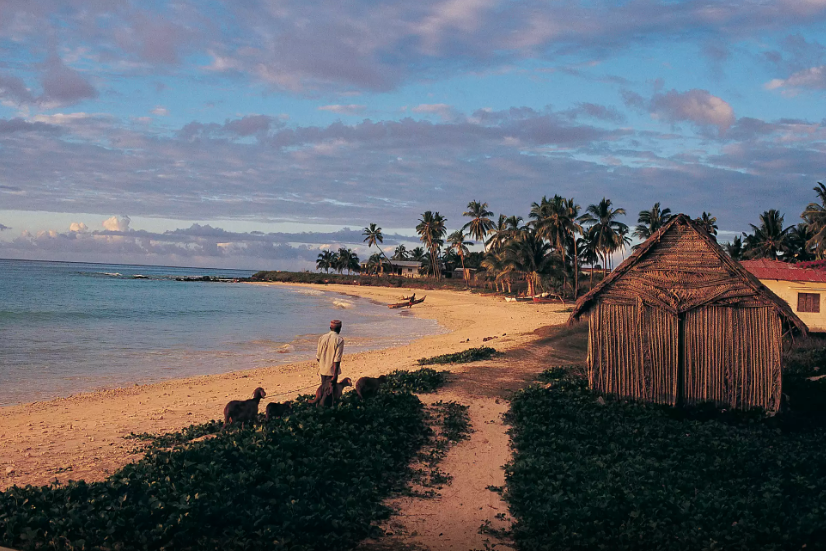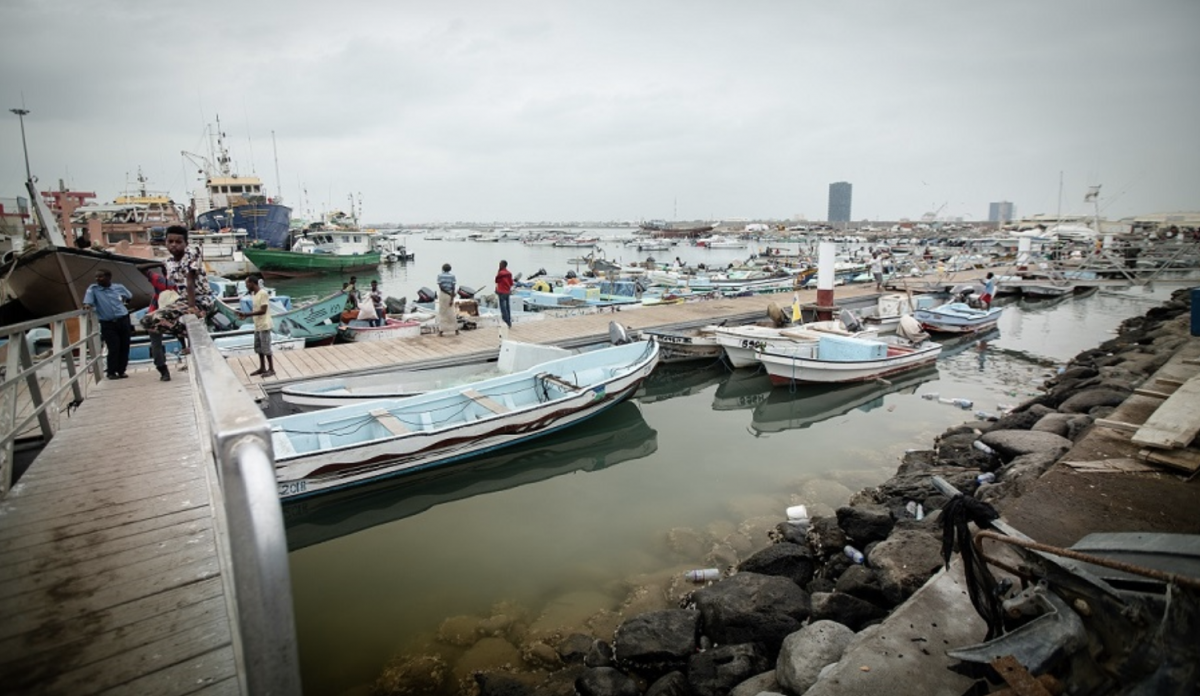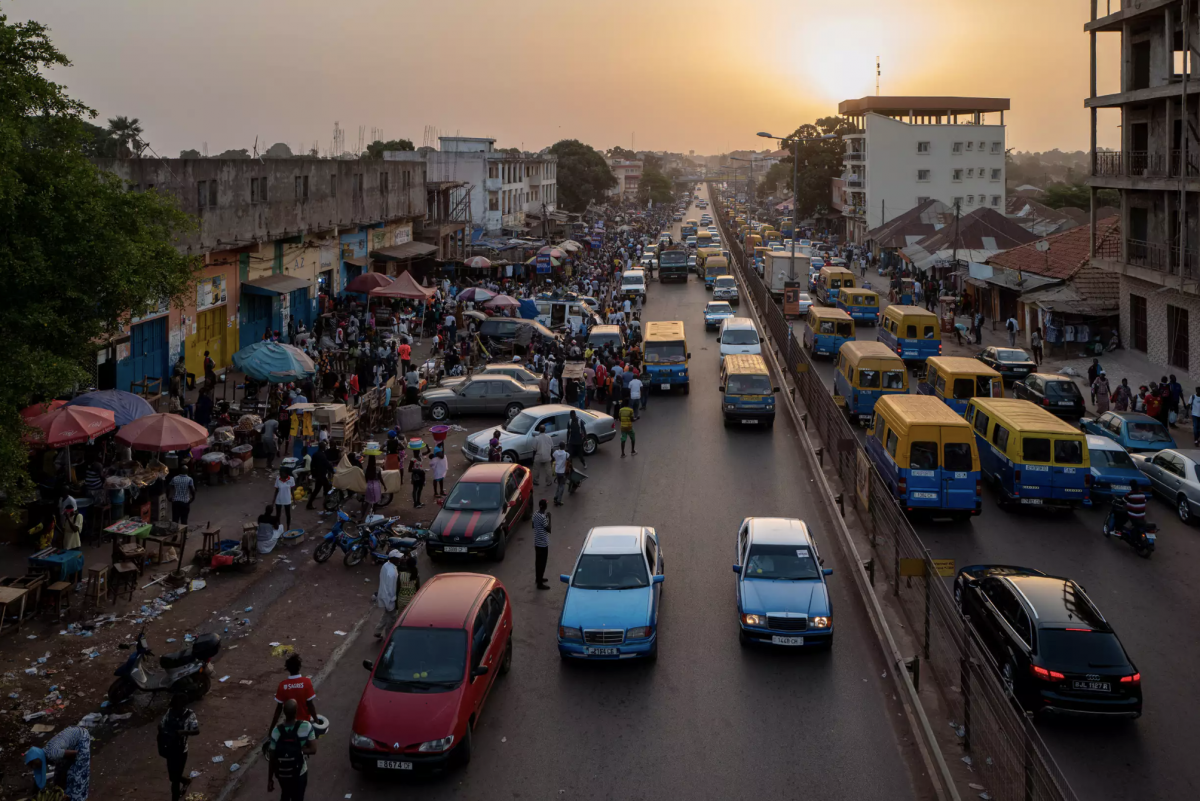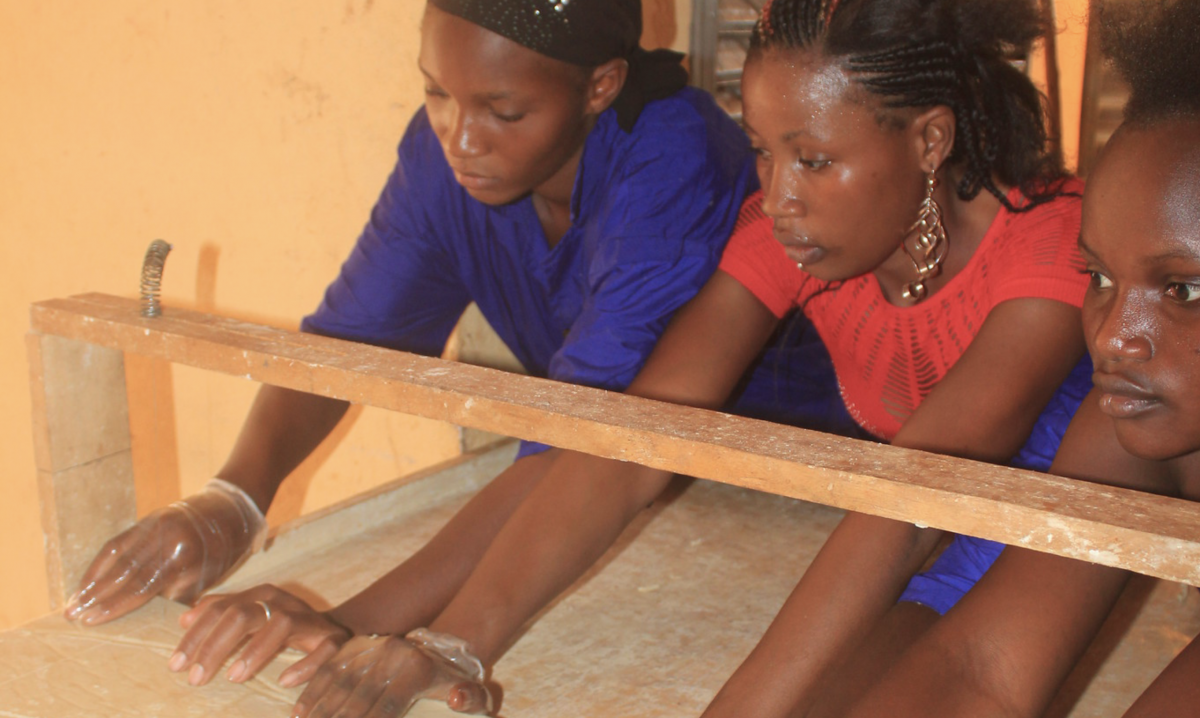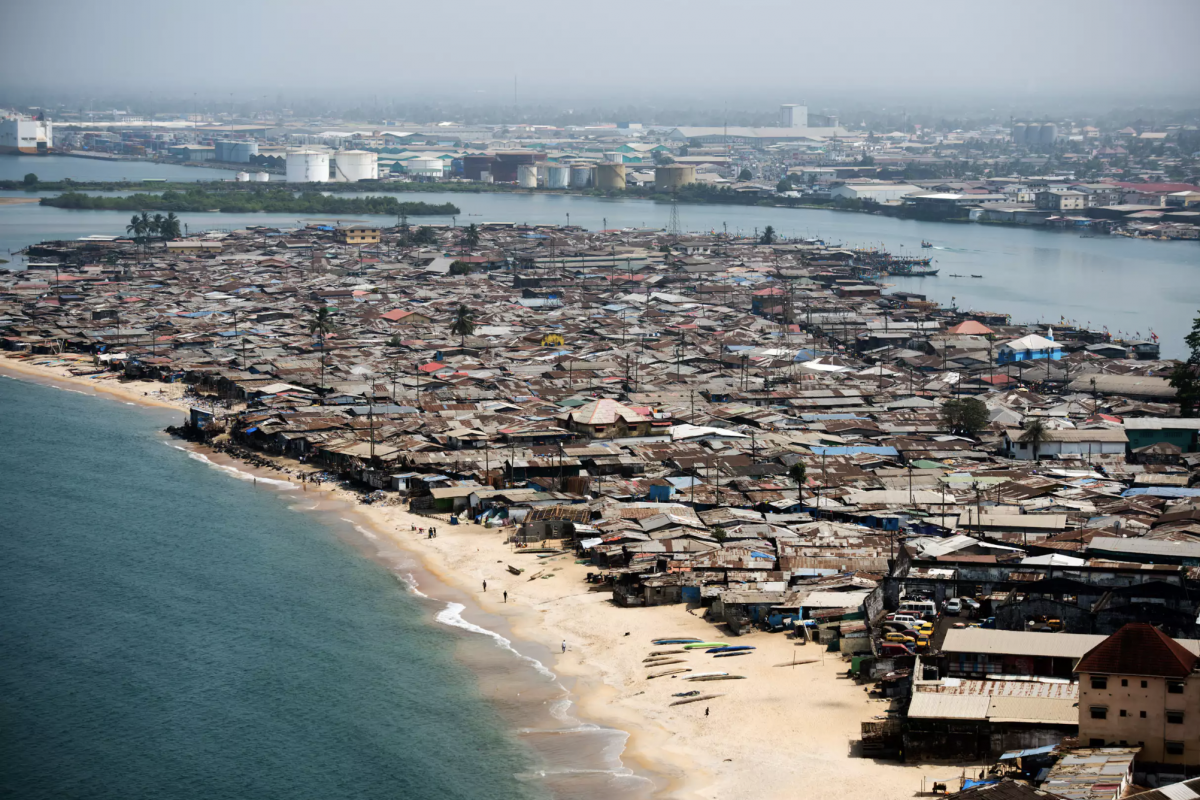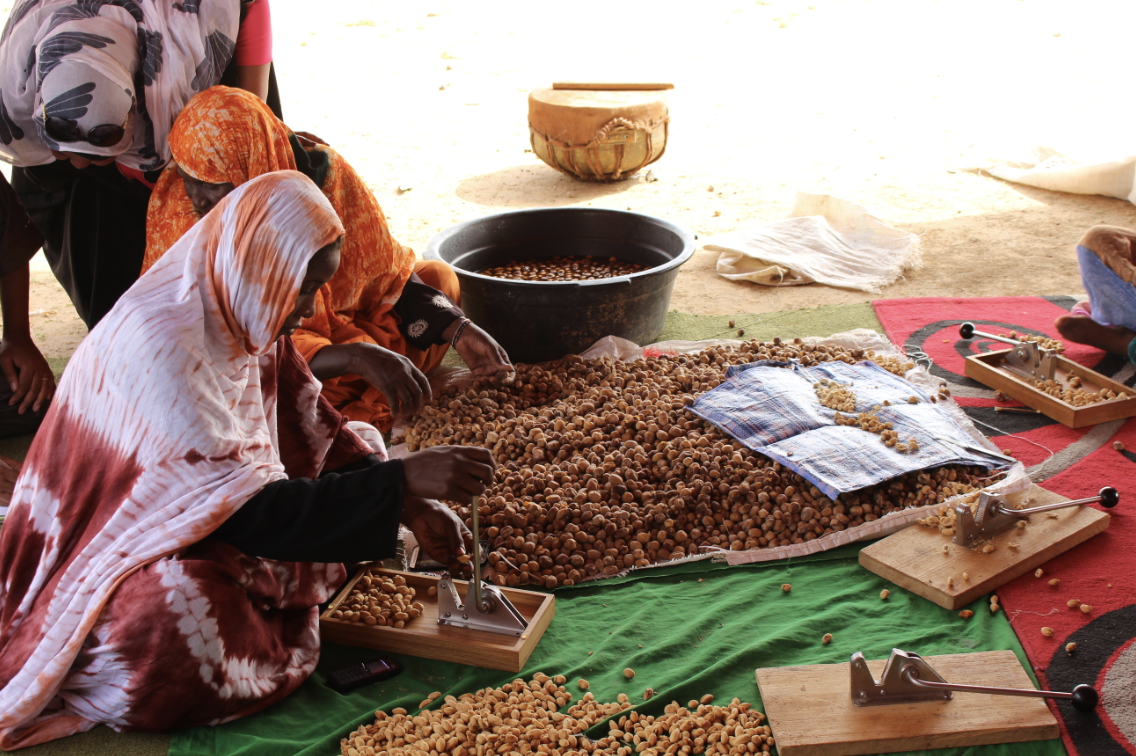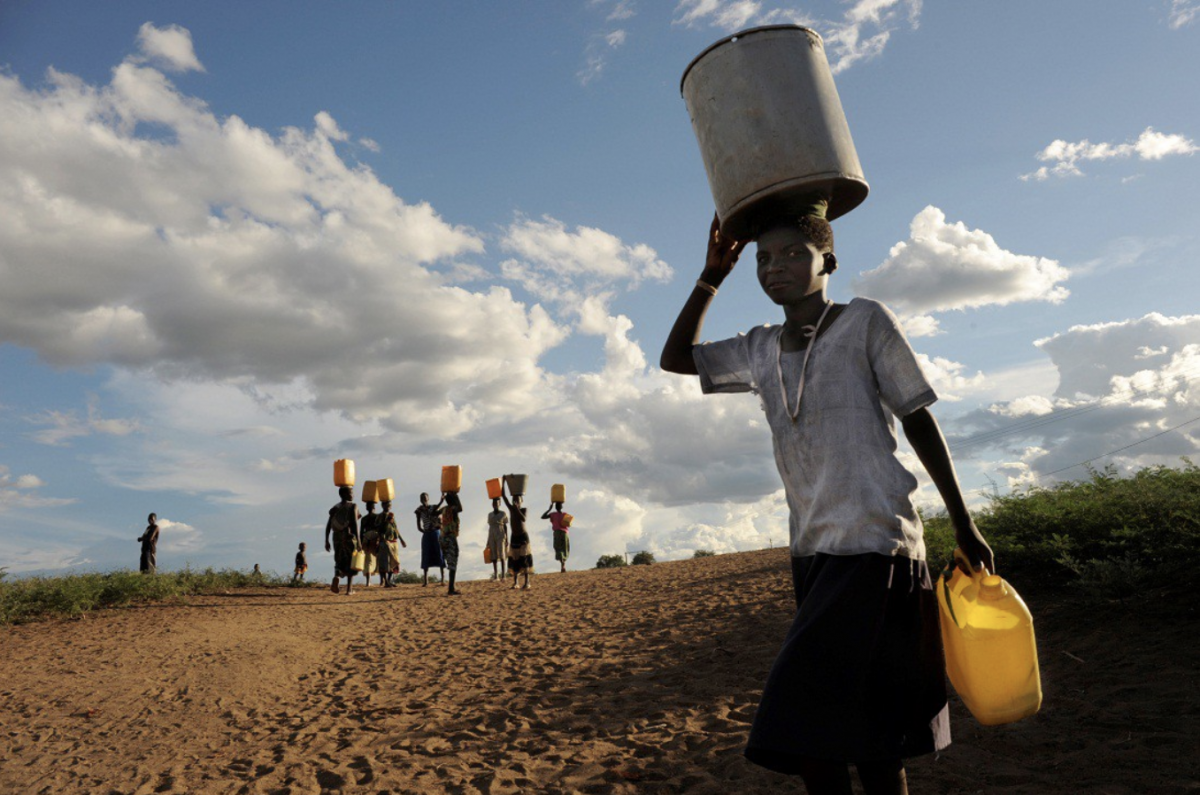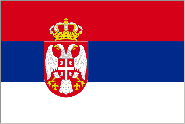Supporting Serbia to advance their NAP process
Project Overview
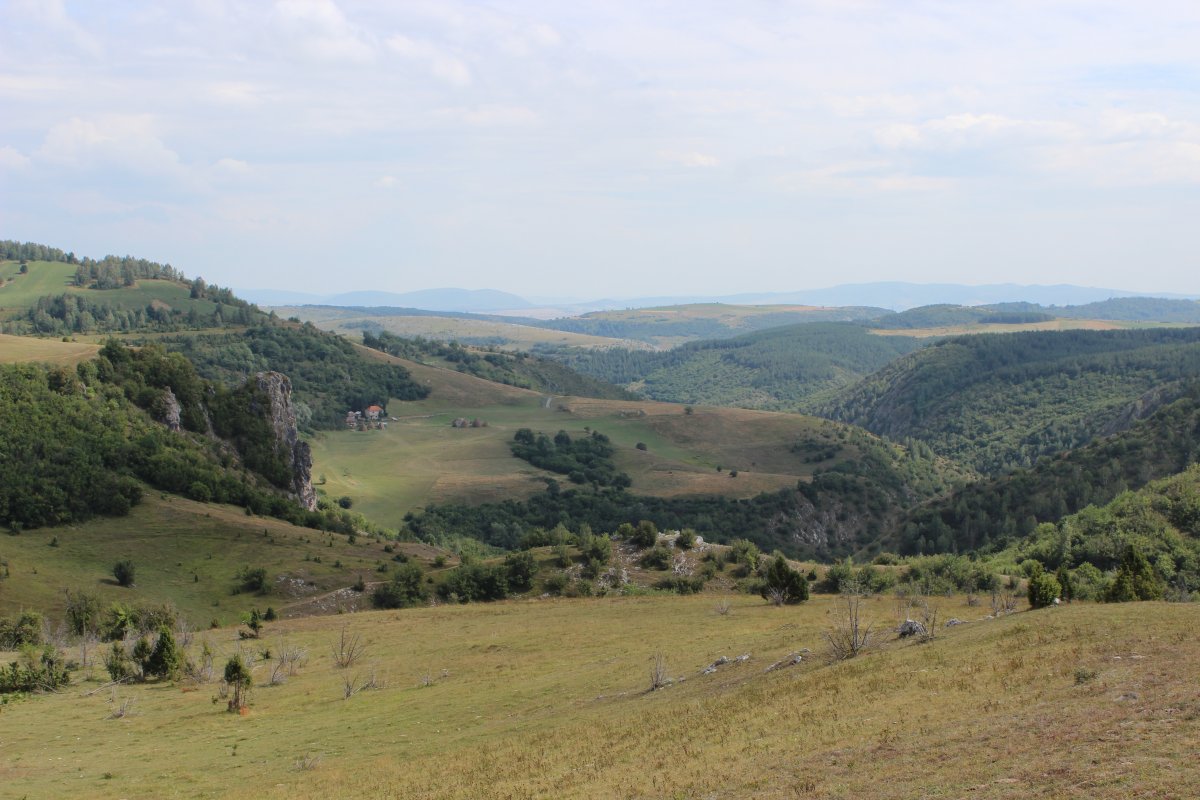
Country background, Sustainable Development Goals and Paris Agreement
Serbia is a landlocked country in the centre of the Balkan Peninsula, in South-Eastern Europe. Serbia, located in the central part of Balkan Peninsula, has three major geographical areas: the lowland Pannonian Plain, Vojvodina in northern Serbia that covers about 25 percent of the territory, and is predominantly flatland of alluvial debris and plateau, and Central Serbia and the Šumadija Highlands, a predominant hilly region ranging from 100 meters to 500m in elevation. Rivers and lakes are relatively plentiful, but flow levels are already starting to fall as a result of climate change, a trend that is predicted to continue. The climate is moderately continental across most of the territory. Average temperature is already increasing, notably with winters becoming less cold. The changes in temperature and precipitation are predicted to increase both floods and droughts, with a negative impact on the country’s forestry resources and agriculture, which together contributes to around 10 percent of gross domestic product.
Serbia’s climate related policies include the National Sustainable Development Strategy of the Republic of Serbia and its Action Plan for 2009 – 2017 and the National Strategy with Action Plan for Transposition Implementation and Enforcement of the EU ACQUIS on Environment and Climate Change 2016-2020 (NEAS). In addition, though the 2011 National Strategy for Disaster Risk Reduction and Protection and Rescue in Emergency Situations, the 2014 National Programme for Disaster Risk Management and the draft Action Plan for implementation of National Programme for Disaster Risk Management (until 2020) also addresses climate change related issues, climate change adaptation measures and policies are not sufficiently reflected in them. This prevents coordinated action, resource mobilization and financial expenditure. In 2015, Serbia submitted its Intended Nationally Determined Contribution (INDC) to the UNFCCC that included both components, climate change mitigation and adaptation to climate change. However, the adaptation part of the INDCs was not elaborated and it noted the need for national level climate adaptation action to start addressing long-term climate vulnerabilities. In addition, Serbia has recently drafted its first Law on Climate Change as well as the Low Carbon Development Strategy with the Action Plan. Both documents are pending adoption by the Government.
The Government of the Republic of Serbia requested support for the development of its National Adaptation Plan (NAP) process, and is one of the first countries requesting Green Climate Fund (GCF) readiness financing for this purpose. With support from the joint UNDP-UN Environment NAP Global Support Programme (NAP-GSP), a preliminary mission was undertaken in February 2017 to identify, in consultation with stakeholders, Serbia’s needs regarding the NAP process. The mission allowed for preliminary assessment of relevant initiatives on climate mainstreaming and of the institutional framework and capacities relevant to the NAP process through a stakeholder roundtable, qualitative interviews and an extensive desk review. A Stocktaking Report on the NAPs process in Serbia was produced in April 2017. The stocktaking would play a supporting role in Serbia’s NAP Readiness Proposal “Advancing medium and long-term adaptation planning in the Republic of Serbia” that was submitted to the GCF in July 2017 and approved by the GCF in July 2019.
How has the NAP-GSP supported to date?
|
Supported the preliminary assessment and stocktaking mission
|
In February 2017, the NAP GSP undertook a rapid capacity assessment and stocktaking mission, as an approach to identifying the required capacity needs based on the capacity development frameworks of UNDP and UNITAR. These frameworks identify three levels for technical and functional capacities: the individual, the organization and the enabling environment. The assessment was based on review of strategy documents, existing reports, individual interviews and a basic questionnaire distributed during the cross-sectoral roundtable.
|
|
Produced of a Stocktaking Report and NAP roadmap
|
A Stocktaking report was produced in April 2017, followed by a NAP Roadmap. The purpose of the NAP roadmap is to articulate a country-based consensus on the approach for the design of the NAP process. The roadmap identifies the overall approach to implementing the NAP process and the main work streams (components) and activities for the 2017–2020 iteration of the NAP. Based on stakeholder input received during the stocktaking mission, the envisioned approach to Serbia’s NAP will be driven by development of a strategic document – the National Climate Change Adaptation Plan – for implementing the national direction for adaptation.
|
|
Helped build capacity and facilitated access to additional climate finance
|
Serbia received approval from the GCF in July 2019 for it’s NAP Readiness Proposal ‘Advancing medium and long-term adaptation planning in the Republic of Serbia’, a project that is informed by a consultative process that launched three years prior and will help Serbia integrate climate change adaptation considerations into developmental planning and budgeting. This project proposes two phases to help the government of Serbia increase its capacity to address the country’s climate change vulnerabilities, particularly in the areas related to the Agriculture-Water Management nexus, and the sectors of Energy Infrastructure, and Transport Infrastructure and Construction. The first phase of funding request will support the setting up of the NAP process and development of a comprehensive national Climate Change Adaptation Plan.
|
News
Climate change was one of the most important topics of the 9th Belgrade security forum - October 2019 - The panelists at "Climate Security: Adaptation, Mitigation, Change" were UNDP Resident Representative in Serbia Fransine Pickup, Minister for the Environmental Protection Goran Trivan.
Joint message on Climate Change to the Government of The Republic of Serbia - October 2019 - The European Union Delegation to Serbia and the United Nations Development Programme kindly request the support of the Republic of Serbia in reducing the emission of greenhouse gases (GHGs).
Cities are crucial for the fight against climate change - October 2019 - Best practices and solutions for development of climate-smart cities across Europe were presented today at the event “Citizens Build Smart Cities” in Belgrade.
In Serbia, climate change forces a new reality - September 2019 - In Serbia, temperatures are rising and extreme weather events means both flooding and severe droughts. For those who make their living off the land and sea, climate change is forcing a new reality.
 Assessing climate risks and vulnerabilities is essential for adapting to climate change
Assessing climate risks and vulnerabilities is essential for adapting to climate change 



